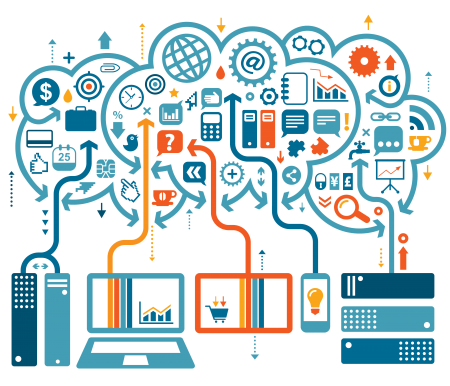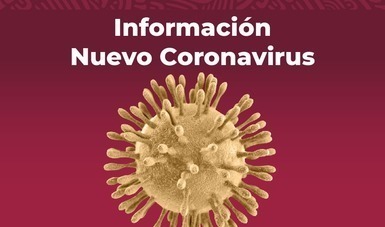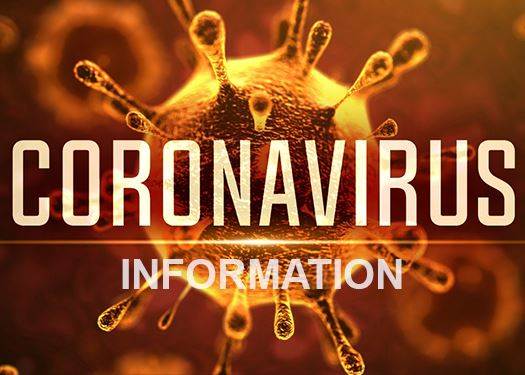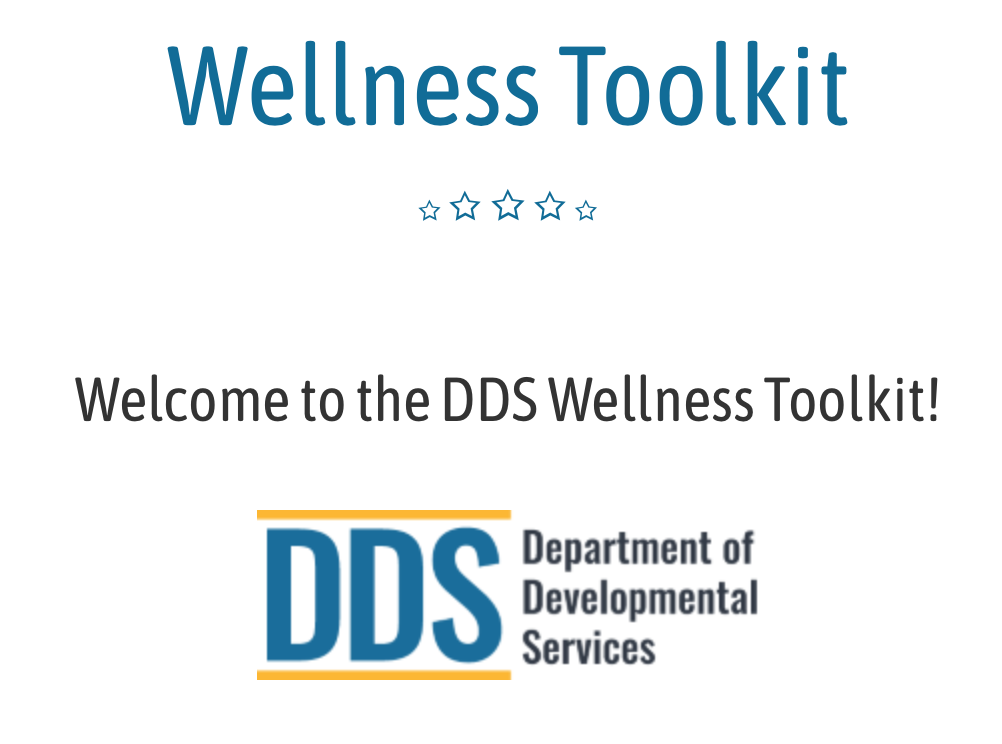ARCA Releases 2018 Report Focusing on Resources System Needs to Build for Future

"Building A System for Tomorrow, Supporting People With Developmental Disabilities To Lead Inclusive Lives"
California’s network of 21 independent, non-profit regional centers advocate and coordinate services for over 320,000 people with developmental disabilities. Regional centers strive to achieve the intent and mandates of the Lanterman Developmental Disabilities Services Act by providing a wide array of lifelong community-based services and supports to enable individuals with developmental disabilities to lead independent and productive lives in their chosen communities.
This paper focuses on the essential resources the developmental services system needs to build a system for the future - to support individuals with developmental disabilities to lead inclusive lives they choose for themselves in their own communities.
People with developmental disabilities want to be included in community life, neighborhoods, and jobs. This is consistent with a national trend and federal expectation. Individuals may need services and the assistance of skilled staff to support this choice. These factors should be considered in the rate study that will be released in March 2019, which will recommend how to fund these services going forward.
As California becomes more culturally and linguistically diverse, regional centers must be equipped with the resources and flexibility to provide culturally responsive services and supports. Equitable access to needed services requires partnerships within diverse communities, service coordinators with adequate time to help individuals navigate service systems, and long-term commitments to allow these efforts to effect change.
People with developmental disabilities who have complex needs require well-coordinated services and supports to ensure safe community living. Access to quality health care, including more accessible clinics, adequately trained clinicians, and suitable reimbursement rates, is the first step in achieving this goal. As people with complex forensic, behavioral, and psychiatric needs are increasingly living in community-based settings, systems must be in place to develop the expertise and specialized resources required for them to live and thrive in the community.
At the heart of the regional center service system is service coordination, so nurturing the relationship between the individual with developmental disability and the regional center is key. Well-crafted person-centered plans require sufficient time to create in addition to the quality services and supports necessary to meet the unique needs of the person. The Self-Determination Program will allow more flexible choice in services, providers, and budgeting, but also require adequate resources to train, make system changes, and prepare for a dual system of service delivery.
File







